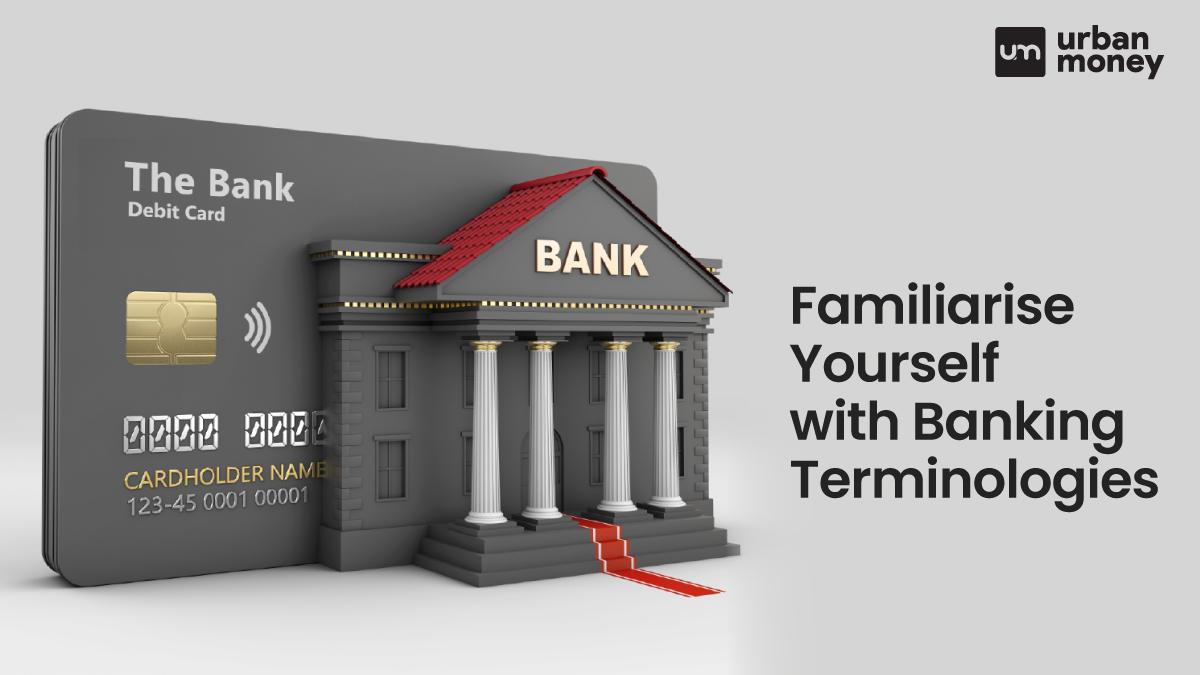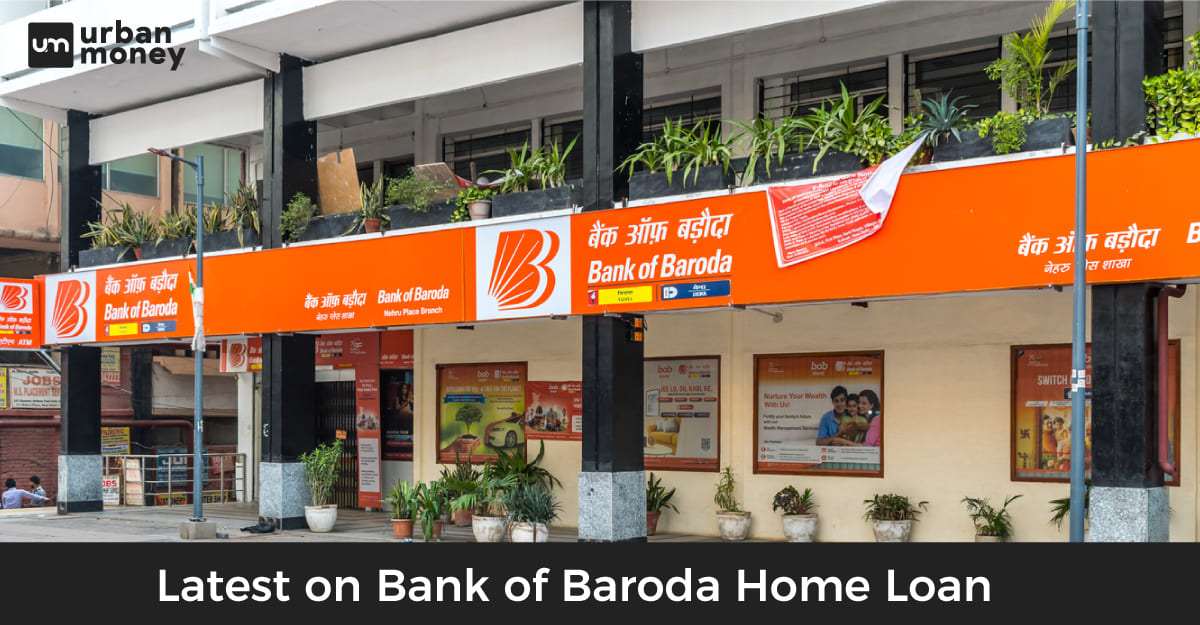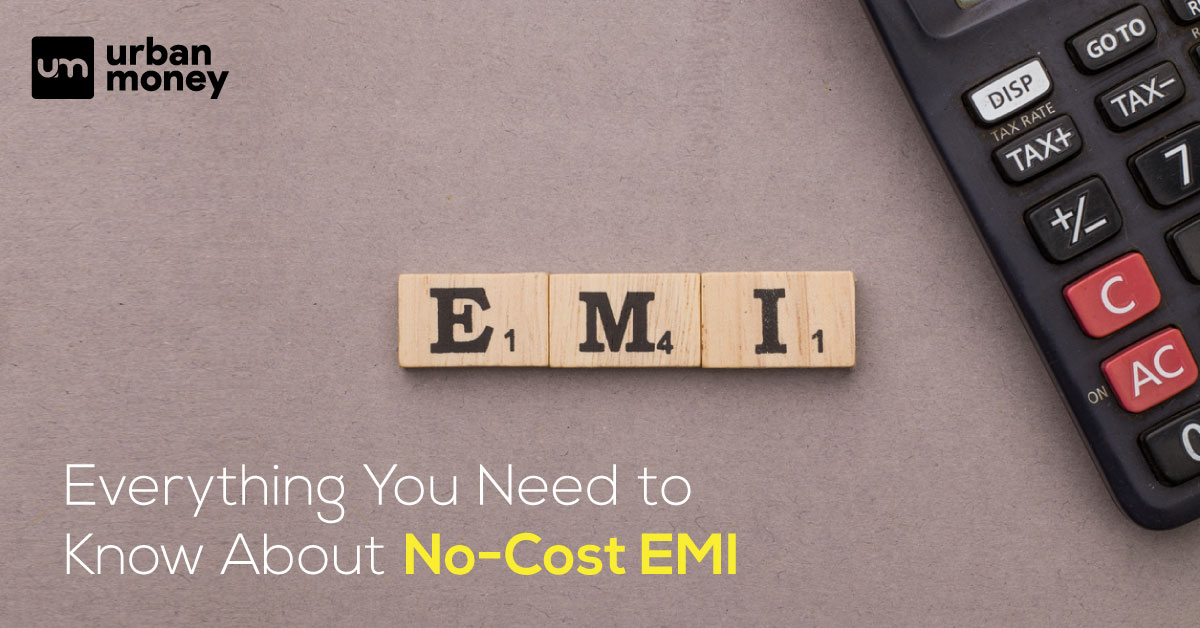Banking terms, or banking terminology and concepts, are widely used in India by all types of banks. Even financial and banking specialists can find specific banking terminologies complicated and challenging to understand at times. However, because banking has become an indispensable element of our work and personal lives, knowing financial terminologies may be extremely beneficial.
Being a bank customer and conducting routine financial transactions might expose you to fundamental banking terms and financial jargon. As a result, this site will educate you on all banking terms. Let’s get started right now.
- ATM (Automated Teller Machine): An electronic device that allows customers to perform various banking transactions, such as withdrawing cash, making deposits, and checking account balances.
- Account Balance: The amount of money in a bank account at a given time. It is a common banking term.
- APR (Annual Percentage Rate): The annualised interest rate charged on loans, credit cards, or other financial products.
- APY (Annual Percentage Yield): The effective annual rate of return earned on a savings account or investment, taking into account compounding interest.
- ATM Surcharge: A fee charged by an ATM owner to non-account holders for using their ATM.
- Beneficiary: The person or entity designated to receive the proceeds of a financial account or insurance policy upon the account holder’s or policyholder’s death.
- Cashier’s Check: A check issued by a bank guarantees payment as it is drawn from the bank’s funds. This is everyday banking terminology.
- ACH (Automated Clearing House): An electronic network for processing financial transactions, such as direct deposits, bill payments, and fund transfers.
- Amortisation: The gradual repayment of a loan through regular instalments that include both principal and interest.
- Certificate of Deposit (CD): A time deposit that earns a fixed interest rate for a specified period, typically ranging from a few months to several years.
- Collateral: An asset, such as property or a vehicle, pledged as security for a loan. If the borrower fails to repay the loan, the lender can seize the collateral.
- Credit Score: A numerical representation of an individual’s creditworthiness based on their credit history, which lenders use to assess the risk of lending to them.
- Direct Deposit: The electronic transfer of funds into a bank account, such as receiving salary payments or government benefits directly into the account.
- Interest Rate: The percentage charged or earned on a loan, savings account, or other financial product. It is a common banking term used while taking loans.
- EFT (Electronic Funds Transfer): The electronic transfer of funds from one bank account to another, usually initiated by the account holder.
- Credit Limit: The maximum amount of credit a lender is willing to extend to a borrower on a credit card or line of credit.
- PIN (Personal Identification Number): A unique numeric code used to authenticate and access bank accounts or perform transactions. This is a regularly used banking terminology.
- Prime Rate: The interest rate that commercial banks charge their most creditworthy customers, often used as a benchmark for other interest rates.
- Repayment Term: The length of time over which a loan is to be repaid, typically expressed in months or years.
- Money Market Account: A type of savings account that typically offers higher interest rates than regular savings accounts, with limited check-writing privileges.
- Overdraft: Withdrawing more money from a bank account than is available, resulting in a negative balance. Overdrafts may incur fees or interest charges. This banking terminology is used while withdrawing money from a bank.
- Mortgage: A loan provided by a bank or lender to finance the purchase of a property. The property itself serves as collateral for the loan.
- Overdraft Protection: A service banks offer that allows customers to link another account or credit line to cover any overdrafts in their primary account.
- Principal: The original amount of money borrowed or invested, excluding interest or other charges. It is a widely used banking term.
- Floating Interest Rate: An interest rate that is subject to change based on market conditions or other factors.
- Grace Period: A period after the due date during which a borrower can pay without incurring late fees or penalties.
- Home Equity Loan: A loan that allows homeowners to borrow against the equity they have built up in their property. It is a frequently used banking term.
- IRA (Individual Retirement Account): A tax-advantaged savings account designed to help individuals save for retirement.
- Routing Number: A unique nine-digit number assigned to a bank or credit union to identify the financial institution in electronic transactions.
- ATM Fee: A fee charged by a bank or ATM operator for using an ATM that does not belong to the account holder’s bank. This is a banking terminology used while withdrawing cash.
- Teller: A bank employee who assists customers with various transactions, such as cash withdrawals, deposits, and account inquiries.
- Treasury Bonds: Long-term debt securities issued by the government to raise funds, typically with a maturity of ten years or more.
- Time Value of Money: The concept that money available in the present is worth more than the same amount in the future due to its earning potential.
- Underwriting: The process of evaluating a borrower’s creditworthiness and determining whether to approve a loan or insurance application. It is a common banking term.
- Savings Account: A deposit account held at a bank, usually earning interest on the deposited funds.
- Term Deposit: A fixed-term investment account where funds are held for a specified period, earning a predetermined interest rate.
- Wire Transfer Fee: A fee a bank charges for sending or receiving funds through a wire transfer.
- Yield: The income or return an investment generates, expressed as a percentage of its cost or value.
- Zombie Account: An inactive bank account with a positive balance but no recent customer activity. This is a banking terminology that has yet to be discovered by many.
































